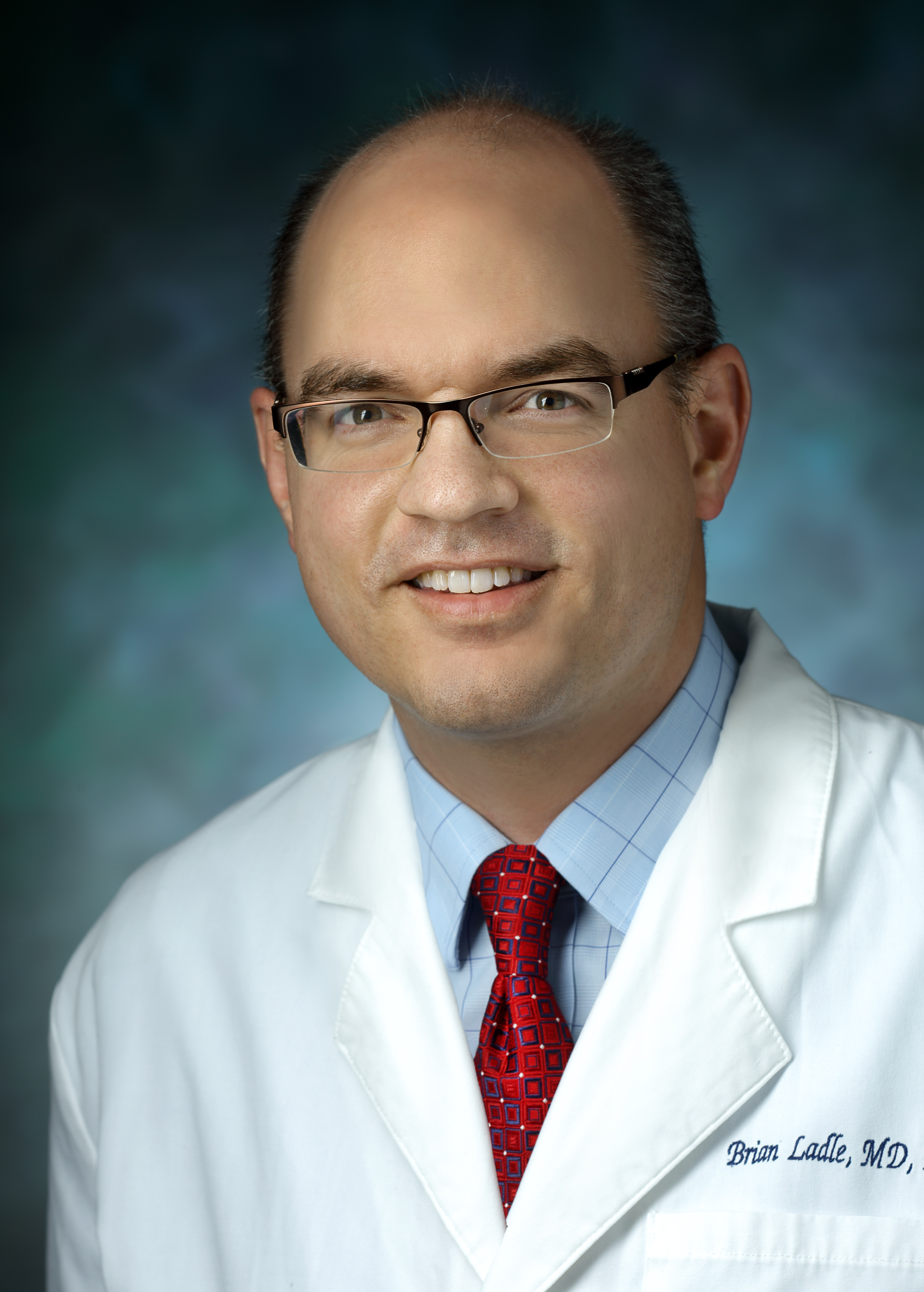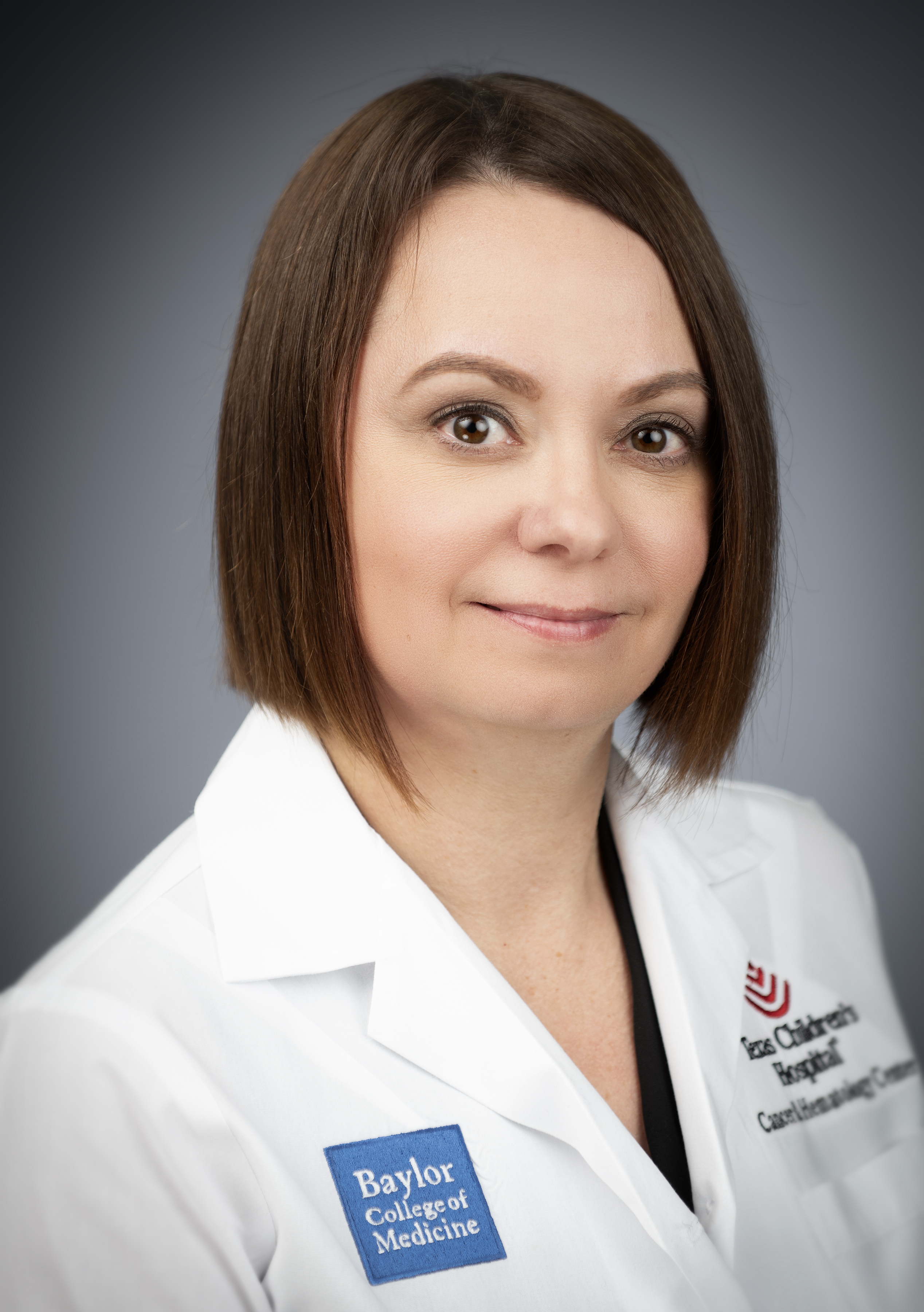$150K to Dr Erica Braverman to study immunotherapy in rhabdomyosarcoma
%20(1).jpg)
Dr. Erica Braverman did not take the usual path to becoming a sarcoma scientist. After
earning her M.D., she started to develop an interest in finding ways to treat cancer that
did not involve traditional chemotherapy and radiation. With a background in
immunology developed in college, she was confident that cancer immunotherapy
approaches, which use a patient’s immune system to fight their cancers, could become
a powerful option to cure children with cancer. She pursued training in bench research
during her clinical training so she could be at the forefront of developing these new
therapies. It wasn’t until her pediatric oncology fellowship that her focus on sarcoma
took shape. Early in this training, she worked with a child diagnosed with a sarcoma.
Looking at the survival rates and the toxicity of treatment, she could hardly believe the
protocols hadn’t improved in decades. It was then she knew that these children needed
a research physician focused on identifying new treatment options for them, and has
been highly driven to overcome the obstacles of immunotherapy in rhabdomyosarcoma
(RMS).
In her project titled, “Uncovering mechanisms of cellular therapy dysfunction in
rhabdomyosarcoma,” Dr. Braverman will focus on why the T cells in CAR-T therapy
become exhausted in the tumor microenvironment (TME) of RMS. Dr. Braverman
believes that if it weren’t for the TME interference, those T cells would be able to
destroy the cancer cells. She also believes that the challenges CAR-T cells encounter in
the TME will be different across different cancers, making it critical to study the RMS
TME in order to best treat RMS patients. Dr. Braverman will investigate what exactly is
happening in the RMS TME after CAR T drugs are introduced, and she will use this
knowledge to design effective CAR-T protocols aimed to boost CAR-T function while
preventing TME interference. She hypothesizes that such a combination approach will
be critical to bringing this powerful therapy to RMS patients, and will additionally build
the rationale to help design similar protocols for children with other sarcomas (and other
solid tumors) as well. In this way, she hopes to finally bring treatment advancement and
cure to children with difficult-to-treat sarcomas.
Join Our Newsletter for Updates
Stay informed about our latest initiatives, events, and research breakthroughs.





.jpg)
